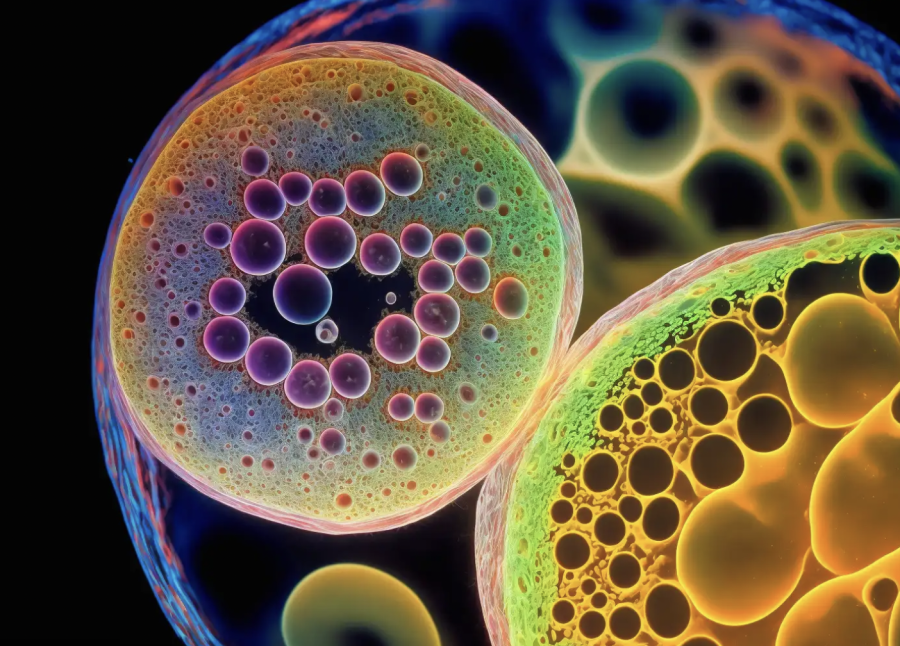What is stem cell therapy?
Stem cells are human cells that are able to self-renew indefinitely and develop into many different types of cells.
Scientific research regarding stem cells has been gaining traction lately, especially in the media. You’ve probably heard about Cristiano Ronaldo and Madonna’s experiences with it. But what are stem cells? And what does stem cell therapy do?
To provide a basic background, stem cells are human cells that are able to self-renew indefinitely and develop into many different types of cells. Unlike other cells, they are able to repair, restore, replace, and regenerate cells. These cells mature and turn into cells in various organs, including bones, muscles, tissues, and nerves. After discovering the unique properties of stem cells, scientists have been looking for a way to use them as a treatment. After much trial and error, researchers have finally been able to come up with a way of using stem cells for repair and regeneration.
This newfound regenerative technique is called stem cell therapy. Stem cell therapy uses adult stem cells, which can either be lab-grown or taken from a human embryo. If the cell is lab-grown, it must go through an extra step, where it is manipulated in the lab to specialize into a certain kind of cell. At this point, the embryonic stem cell and the lab-grown stem cell will be at the same ‘stage’. These cells are then transplanted into the affected area. For example, if someone has a kidney disease, these cells will be injected into the kidney. The stem cells will then begin the self-renewing process, and eventually help to completely treat the disease.
Stem cell therapy, so far, seems like a great way to treat diseases. However, like many emerging medical treatments, it comes with its own share of controversies. Starting from the early 1990s, stem cells would be derived only from human embryos. With the current global abortion debate and the Roe v. Wade case, many have been putting stem cell researchers under fire for destroying these embryos during the research process. However, a solution has been found with the development of induced pluripotent stem cells (iPSC). iPSC are stem cells which do not come from human embryos and instead rely on lab-growing techniques.
Although stem cell therapy has been a recent introduction to the field of medicine, it seems promising. Not only does it help with the process of cancer treatment, but it also eliminates some of the pre-existing issues occurring in the medical world. Many know about organ donation and the tedious process that people must go through to receive an organ. According to Mayo Clinic, stem cell therapy is “the next chapter in organ transplantation” and will help to eradicate the long wait that organ recipients must go through.
Stem cell therapy, as risky as it might seem, could be the key to treating previously ‘untreatable’ diseases and eventually, prolonging human life.


